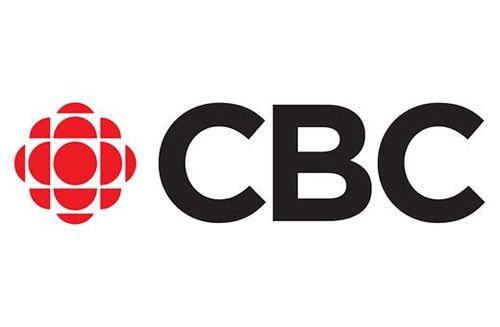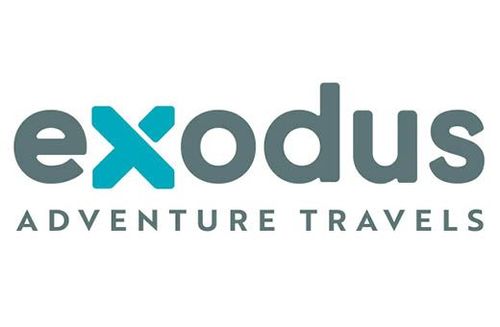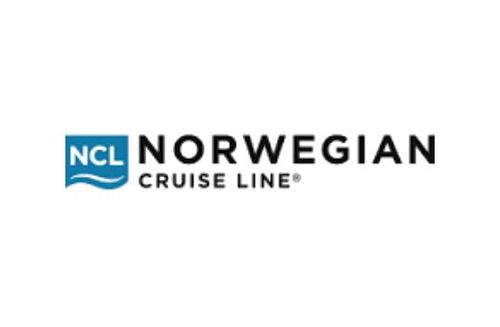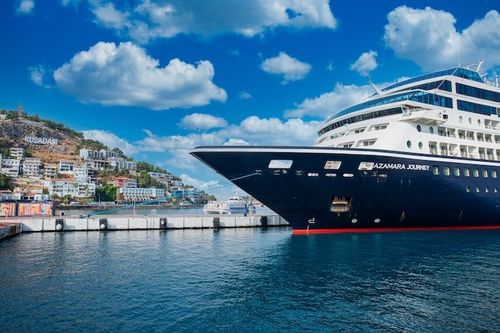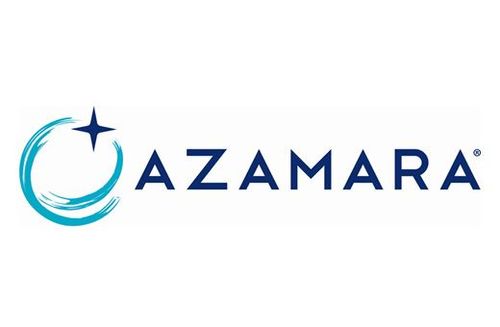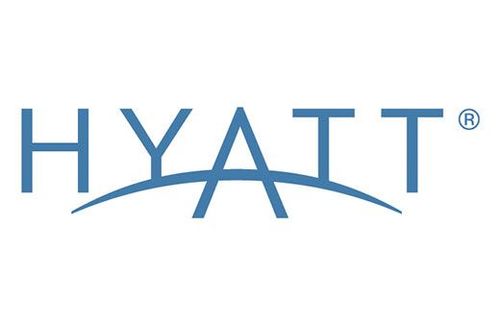Where travel agents earn, learn and save!
News / Canada clears Boeing 737 Max for flight nearly 2 years after global grounding
WestJet is expected to be the first airline to fly the Max again on Thursday

January 18 - Boeing’s 737 Max has been approved to fly again in Canada starting Wednesday, ending a 22-month grounding that followed a pair of overseas crashes that took 346 lives and did serious damage to the company’s reputation.
Transport Canada announced today it has completed its nearly two-year review of the aircraft and has issued an “airworthiness directive” detailing a series of changes that must be made before the Max can return to Canadian airspace.
The department said it will complete the final step of the process to clear the plane on Wednesday by lifting a notice to airmen (NOTAM) banning commercial flights of the Max in Canada.
On Thursday, WestJet is expected to become the first Canadian airline to fly the Max again, with a flight between Calgary and Toronto. WestJet plans to operate three weekly round-trip flights on that route for the next month while it considers adding more routes.
Air Canada, which has more pilots and aircraft to prepare, is planning to return its Max fleet to service on February 1. Sunwing has not announced when it plans to return the Max to commercial service.
Countries worldwide grounded the Max in March 2019 after two crashes just months apart, in Indonesia and Ethiopia, that killed 346 people — including 18 Canadian citizens and permanent residents.
The two crashes exposed serious flaws with the plane’s flight-control system and the jet’s certification process.
Some families of Canadians who died in the crash of an Ethiopian Airlines 737 Max in March 2019 say they still don’t trust the aircraft.
For the past year, victims’ families have been calling on the federal government to launch an independent inquiry to determine why Canada didn’t ground the 737 Max after the first crash — and what it knew after the second disaster.
But the Liberals and Conservatives blocked the NDP’s motion for an inquiry during a transport committee hearing in November on the plane’s recertification process in Canada.
“The Federal Aviation Administration and Boeing, they keep telling us, ‘Trust us,’” said Clariss Moore, who lost her daughter Danielle in the crash. "The public trusted this plane, and they failed us repeatedly. How could you trust when all the promises they’ve given have been repeatedly broken?
“I don’t trust this plane and I will never will.”
After the Ethiopian Airlines crash and an earlier one in October 2018 that killed 189 people, Canada was accused of relying too heavily on aviation authorities in the U.S. when certifying aircraft. In response, the government said it spent 15,000 hours independently reviewing the proposed changes to the Max and conducting its own test flights.
On top of the design and maintenance requirements, Transport Canada said it’s requiring additional training for Canadian airlines’ flight crew.
“Over the last 20 months, Transport Canada’s civil aviation safety experts, by their rigour and thoroughness, have ensured the safety concerns the department had identified have been addressed,” said Transport Minister Omar Alghabra in a press release today.
“Canadians and the airline industry can rest assured that Transport Canada has diligently addressed all safety issues prior to permitting this aircraft to return to service in Canadian airspace.”
WestJet survey suggests travellers hesitant to fly on Max
A year ago, restoring confidence after two fatal crashes would have been a big challenge on its own. Now, Air Canada and WestJet are trying to do that during a pandemic when, according to WestJet's internal research, travellers are more apprehensive about flying in general — and even more uncomfortable with the idea of flying on a Max.
The majority surveyed — 64 per cent — said they would avoid flying on the Max altogether, according to the latest data WestJet shared with CBC News from the fall.
Boeing agreed to pay $2.5 billion US after admitting to defrauding and obstructing the Federal Aviation Administration (FAA) in connection with evaluating the flight-control system, called MCAS, which was found to have pushed the plane’s nose down as pilots struggled to right it in the two crashes.
More Travel News:
Sandals Resorts to offer free PCR testing at resorts
IATA welcomes US pre-departure testing order
WTTC welcomes wider test acceptance as a major step towards the return of international travel
Bahamas poised to seamlessly integrate new CDC order into existing protocols



